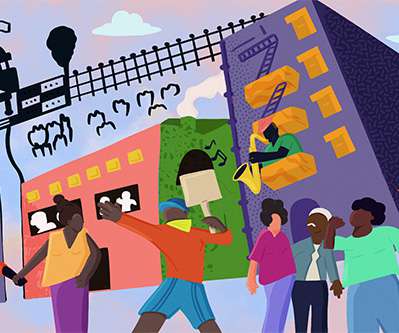Economic Justice: Nonprofit Leaders Speak Out
NonProfit Quarterly
SEPTEMBER 27, 2023
Worker-owned co-ops and benefit corporations are additional public policy frameworks for a just economy. In a massive charitable response, vast networks of locally supported food pantries, coat drives, homeless shelters, community clinics, and free schools have been launched and sustained.











Let's personalize your content